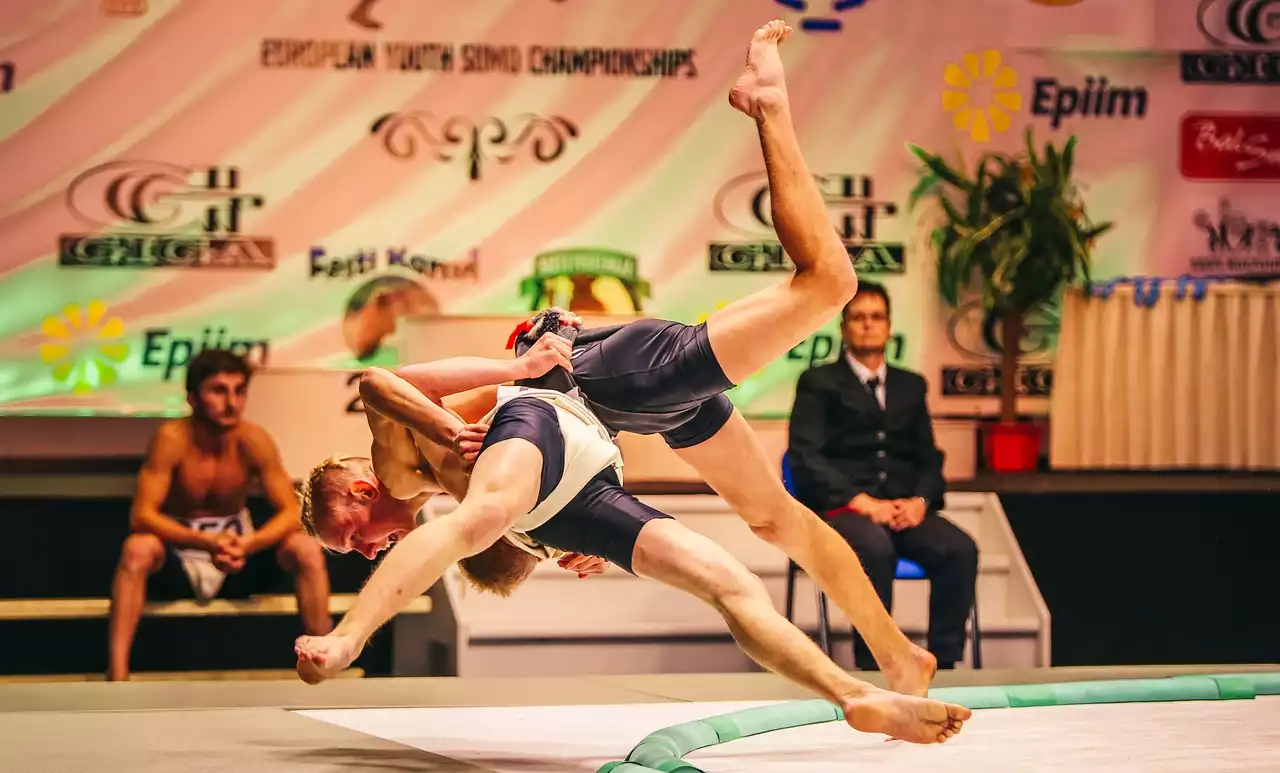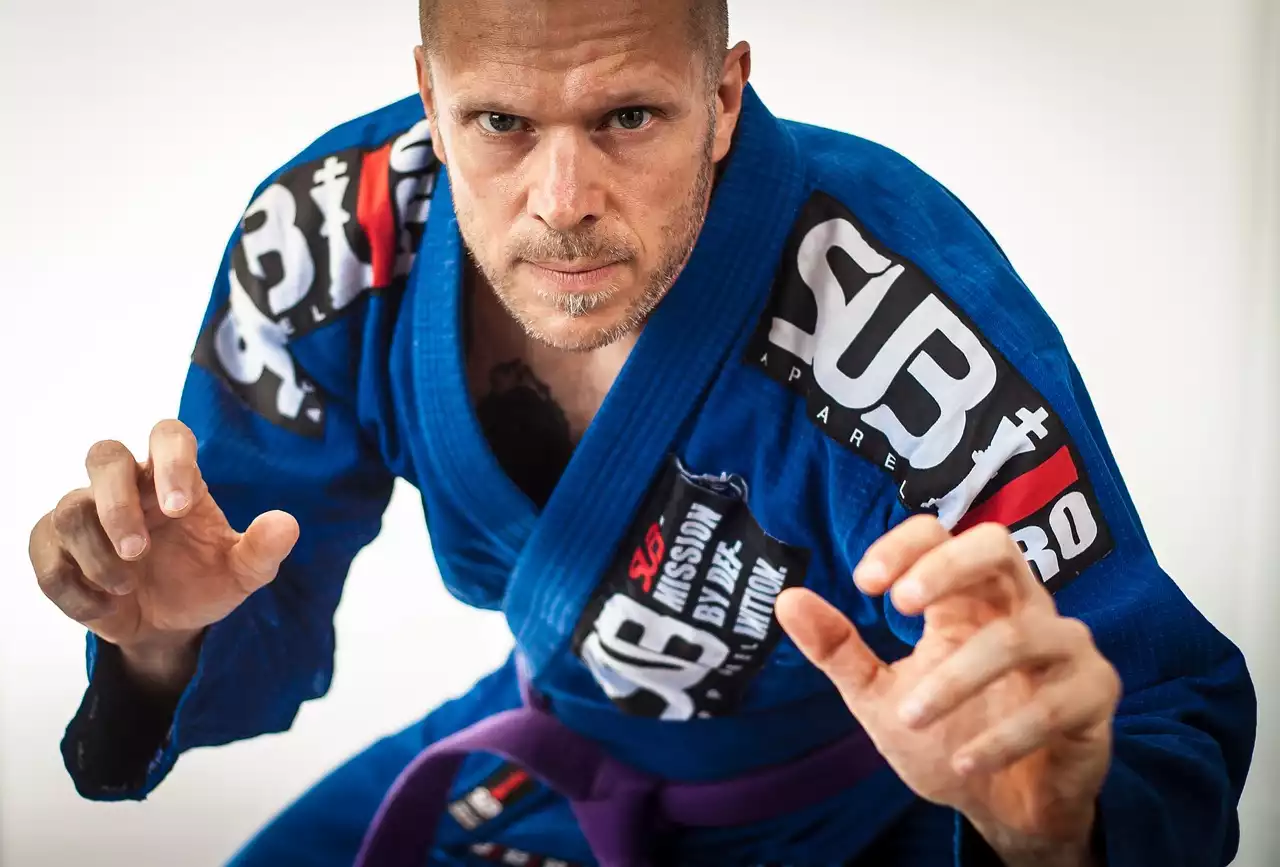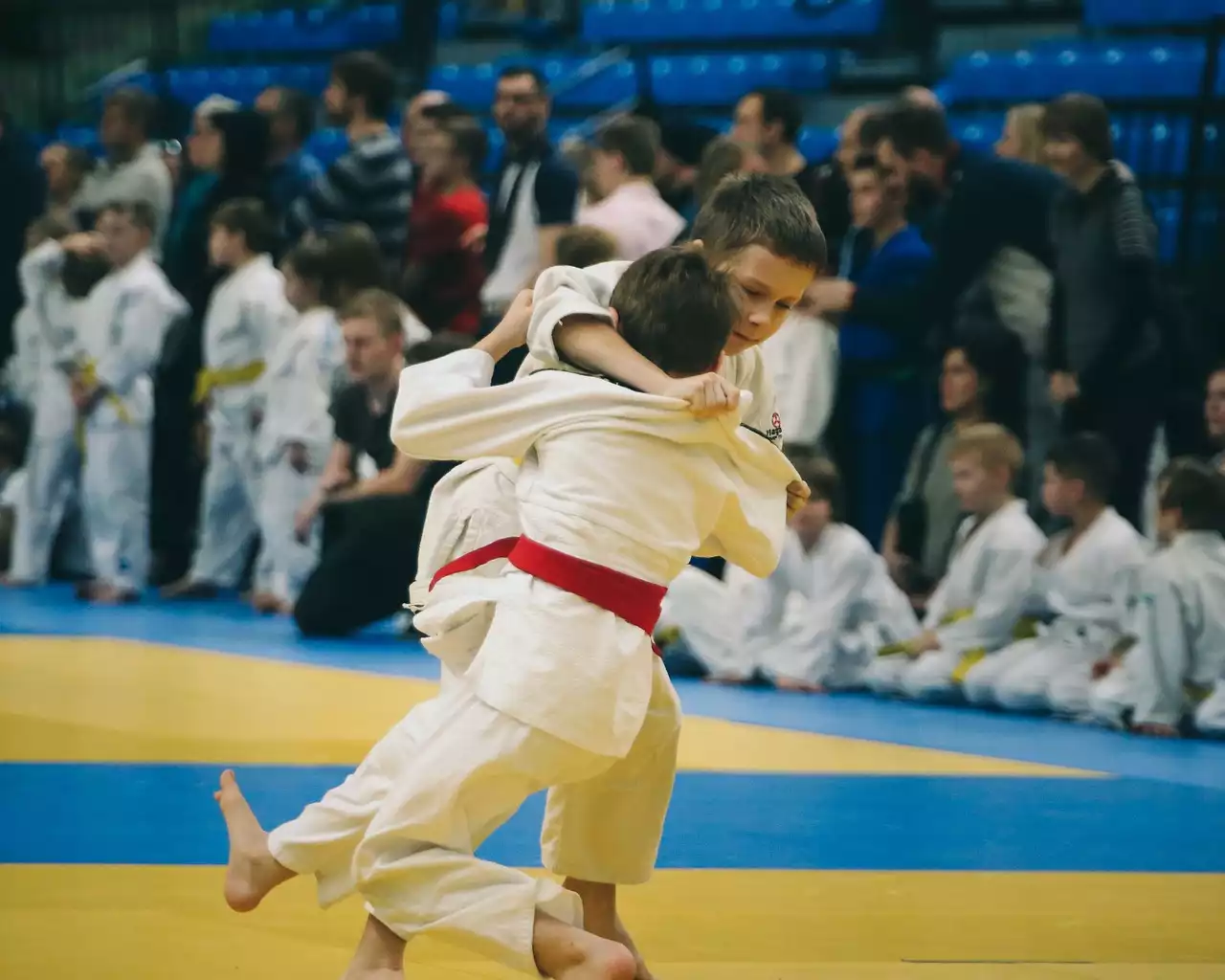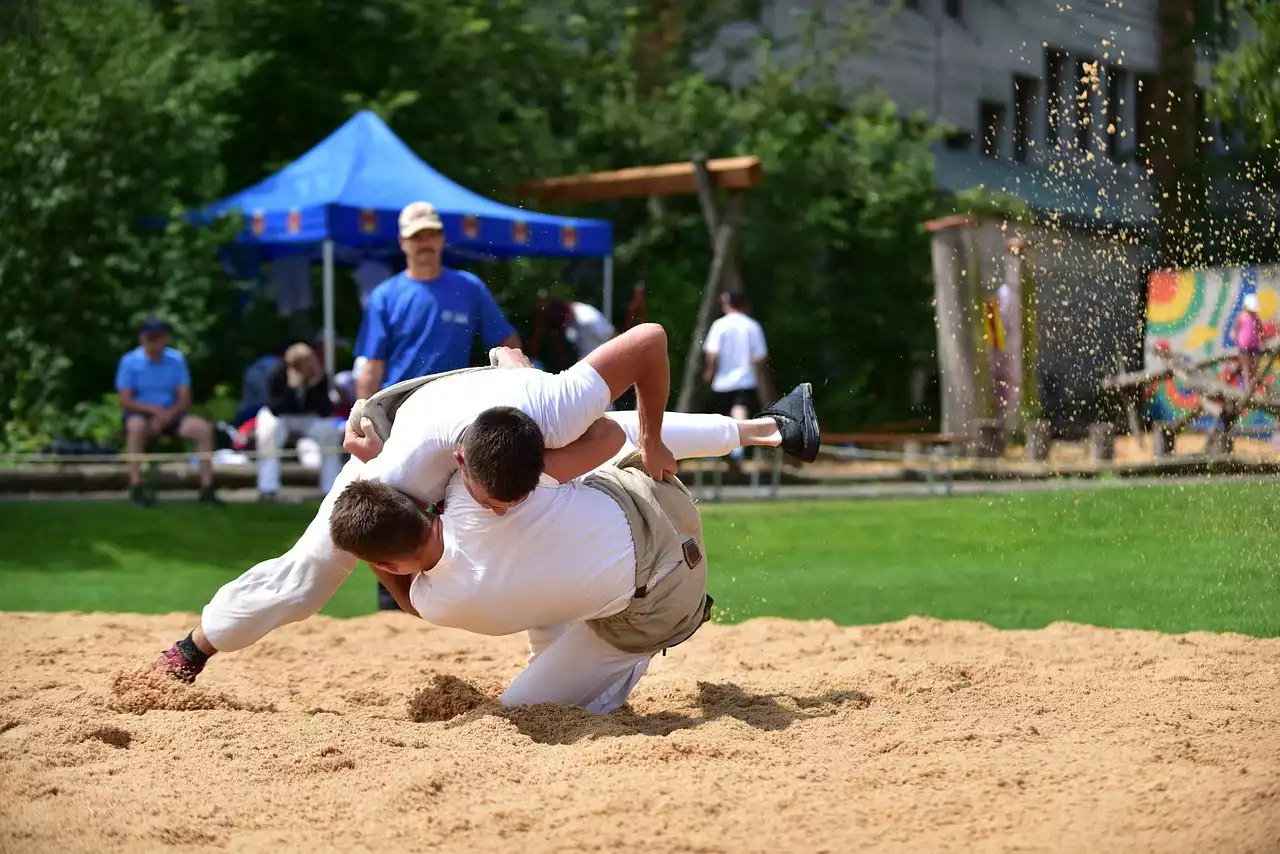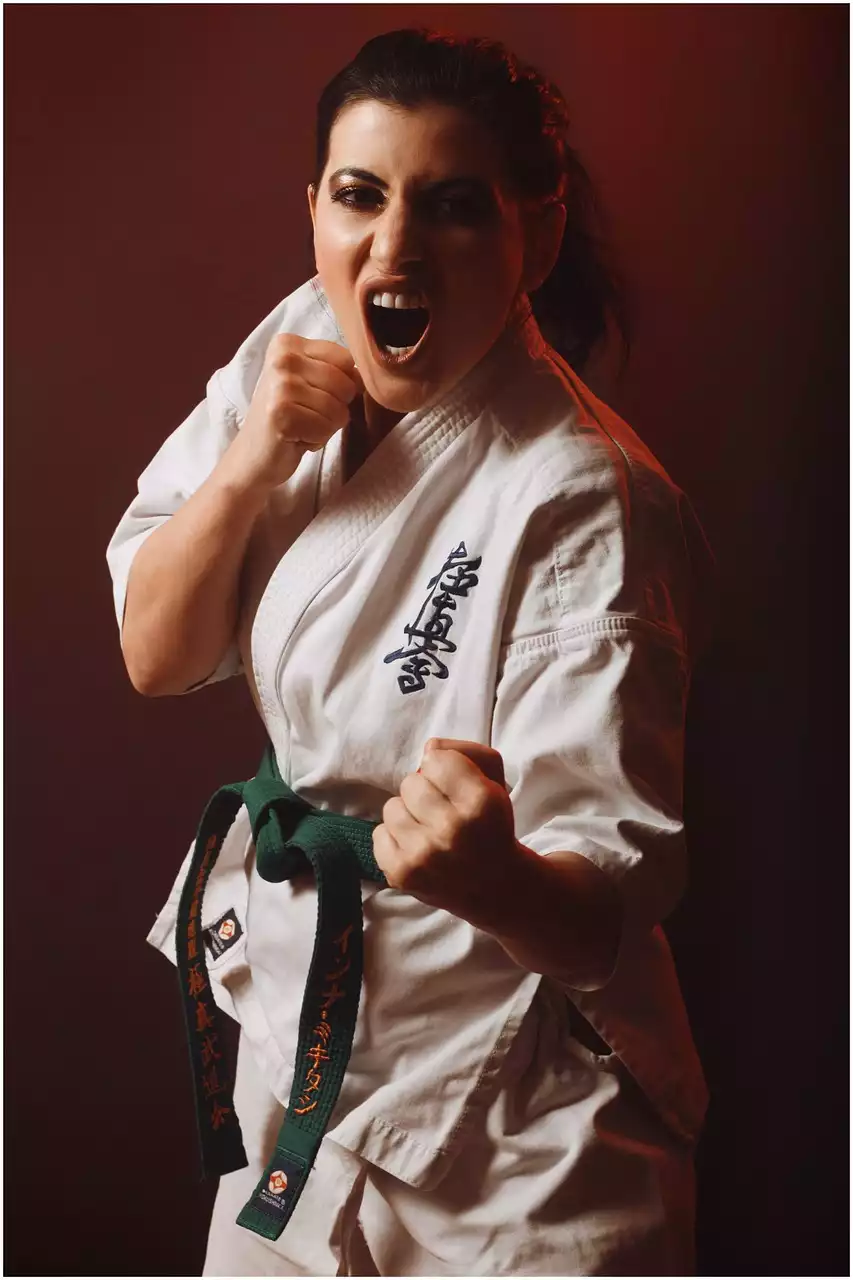Understanding the Role of Mental Preparation in Judo Competitions
Mental preparation is just as important as physical preparation in Judo competitions. Athletes need to develop a competitive mindset that enables them to perform to the best of their abilities. This mindset involves a combination of focus, confidence, and resilience. Athletes need to be able to focus on their goals and stay motivated even when faced with setbacks. They also need to have confidence in their abilities and be resilient in the face of pressure and adversity.
Without proper mental preparation, athletes may struggle to perform at their best during competitions. They may become distracted, lose focus, or feel overwhelmed by the pressure. This can lead to mistakes, missed opportunities, and ultimately, poor performance. That's why athletes must develop a competition mindset that enables them to stay focused, motivated, and resilient during Judo competitions.
Key Elements of a Competition Mindset - Focus, Confidence, and Resilience
The competition mindset in Judo involves three key elements - focus, confidence, and resilience. Focus refers to the ability to concentrate on the task at hand and block out distractions. Athletes need to be able to maintain their focus during competitions, as a loss of focus can lead to mistakes and missed opportunities.
Confidence is another essential element of the competition mindset. Athletes need to have confidence in their abilities and trust in their training. They need to believe that they can achieve their goals and perform to the best of their abilities. Confidence is important because it helps athletes overcome self-doubt and perform with greater poise and control.
Resilience is the third key element of the competition mindset. Athletes need to be able to bounce back from setbacks and stay focused on their goals even in the face of adversity. They need to be able to deal with pressure and overcome the challenges that come with competing at a high level. Resilience is essential because it helps athletes stay motivated and focused even when things don't go according to plan.
Mental Preparation Techniques for Judo Competitions - Visualization, Positive Self-talk, and Relaxation
There are several mental preparation techniques that athletes can use to develop a competitive mindset for Judo competitions. One of the most effective techniques is visualization. Visualization involves imagining yourself performing at your best and achieving your goals. It helps athletes develop a positive mental image of themselves and build confidence in their abilities. Visualization can also help athletes stay focused and motivated during competitions.
Positive self-talk is another effective mental preparation technique. This involves using positive affirmations and thoughts to build confidence and reduce self-doubt. Positive self-talk can help athletes stay motivated and focused during competitions, even when faced with setbacks or challenges.
Relaxation techniques can also be helpful for athletes preparing for Judo competitions. Relaxation techniques, such as deep breathing and meditation, can help athletes reduce stress and anxiety, and stay calm and focused during competitions.
Pre-Competition Routine - Physical and Mental Warm-up
A pre-competition routine is essential for athletes preparing for Judo competitions. This routine should include both physical and mental warm-up exercises. Physical warm-up exercises, such as stretching and light cardio, can help athletes prepare their bodies for the physical demands of competition. Mental warm-up exercises, such as visualization and positive self-talk, can help athletes prepare their minds for the mental demands of competition.
The pre-competition routine should also include time to review strategy and tactics. Athletes should review their game plan and make any necessary adjustments based on their opponent and the competition format. This can help athletes feel more confident and prepared to go into their matches.
Strategies for Overcoming Pre-Competition Nerves and Anxiety
Pre-competition nerves and anxiety are common among athletes preparing for Judo competitions. These feelings can be overwhelming and can negatively impact performance. However, there are strategies that athletes can use to overcome these feelings and stay focused during competitions.
One effective strategy is to focus on the process rather than the outcome. Athletes should focus on executing their game plan and performing to the best of their abilities, rather than worrying about winning or losing. This can help athletes stay focused and reduce anxiety.
Another effective strategy is to use positive self-talk. Athletes should use positive affirmations and thoughts to build confidence and reduce self-doubt. Positive self-talk can help athletes stay motivated and focused during competitions, even when faced with setbacks or challenges.
Finally, athletes can use relaxation techniques, such as deep breathing and meditation, to reduce stress and anxiety and stay calm and focused during competitions.
The Importance of Goal Setting and Self-Assessment in Competition Mindset
Goal setting and self-assessment are important components of the competition mindset. Athletes should set clear, specific goals for themselves and regularly assess their progress toward these goals. This can help athletes stay motivated and focused on their objectives.
Self-assessment is also important because it helps athletes identify areas for improvement. By analyzing their performance and identifying areas where they can improve, athletes can continuously refine their skills and improve their performance.
Examples of Successful Competition Mindset in Judo - Analysis of Top Athletes
There are many examples of a successful competition mindset in Judo. Top athletes in the sport have developed a competition mindset that enables them to perform at their best during competitions. These athletes can maintain focus, stay motivated, and deal with pressure effectively.
One example of a successful competition mindset is Olympic gold medalist Teddy Riner. Riner is known for his mental toughness and his ability to stay focused and motivated even in the face of adversity. He has developed a pre-competition routine that includes visualization and positive self-talk and can stay calm and focused during competitions.
Common Mistakes to Avoid in Competition Mindset - Overthinking, Negative Self-talk, and Lack of Preparation
There are several common mistakes that athletes should avoid when developing a competitive mindset. Overthinking is one common mistake that can negatively impact performance. Athletes should focus on executing their game plan rather than overthinking their actions.
Negative self-talk is another common mistake that can undermine confidence and motivation. Athletes should use positive affirmations and thoughts to build confidence and reduce self-doubt.
Finally, lack of preparation is a common mistake that can negatively impact performance. Athletes should ensure that they are properly prepared physically and mentally for competitions. This includes developing a pre-competition routine, using mental preparation techniques, and setting clear goals for themselves.
